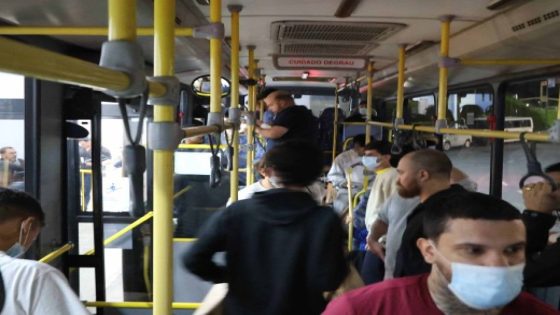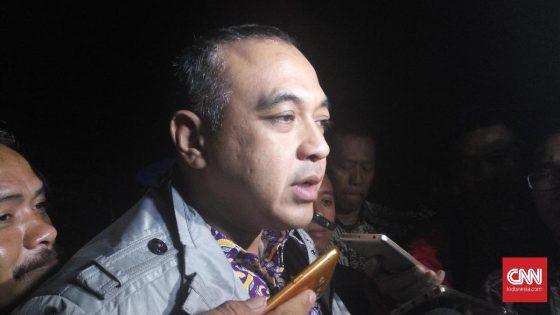On February 7, 2025, deported immigrants arriving at Belo Horizonte’s International Airport shared disturbing accounts of mistreatment during their flight from the united states. These revelations raise serious questions about the treatment of deportees and the conditions they face while being repatriated.
- Deported immigrants report abuse by U.S. authorities.
- Poor food quality on repatriation flight.
- Increased xenophobia noted after Trump's election.
- Minister ensures humane treatment for deportees.
- Support provided for returning immigrants in Brazil.
- Second deportation flight since Trump's presidency.
Many reported inadequate food and a lack of medical assistance, highlighting the urgent need for reforms in how deportees are treated during their journey home.
Deported Immigrants Share Disturbing Accounts of Flight Conditions
What happens when deported individuals are treated poorly during their return journey? Reports from immigrants reveal shocking conditions aboard a flight from the US to Brazil. Many faced hunger, inadequate medical care, and overcrowded conditions, raising significant concerns about the treatment of deportees.
Conditions on Flights for Deported Immigrants: A Closer Look
Immigrants recount harrowing experiences during their deportation flights, including:
- Inadequate food options, with reports of spoiled meals.
- Lack of medical assistance for those in distress.
- Overcrowded conditions leading to discomfort and anxiety.
- Increased violence and mistreatment from authorities.
Reports of Abuse and Neglect During Deportation Flights
Many deportees described their experiences as traumatic. Rafael Marciano, 27, shared that food was often spoiled, and medical requests were ignored. Another deportee, João, witnessed a fellow passenger struggle to breathe without receiving timely help. These accounts paint a grim picture of the conditions faced by those being repatriated.
Government Response to Deportation Concerns
The Brazilian government, represented by Minister Macaé Evaristo, has taken steps to address these issues. She emphasized the importance of humane treatment, ensuring that women and children are not shackled during their flights. However, many argue that more needs to be done to protect the rights and dignity of deportees.
The Broader Implications of Deportation Policies
The treatment of deported immigrants is not just a local issue; it reflects broader immigration policies in the US. As deportations continue, the need for humane treatment and better conditions for those affected becomes increasingly critical. How can governments ensure the rights of individuals during such processes?
As the conversation around immigration and deportation evolves, it is crucial to listen to the voices of those directly impacted. Their stories can drive meaningful change and promote a more humane approach to immigration policies.
































